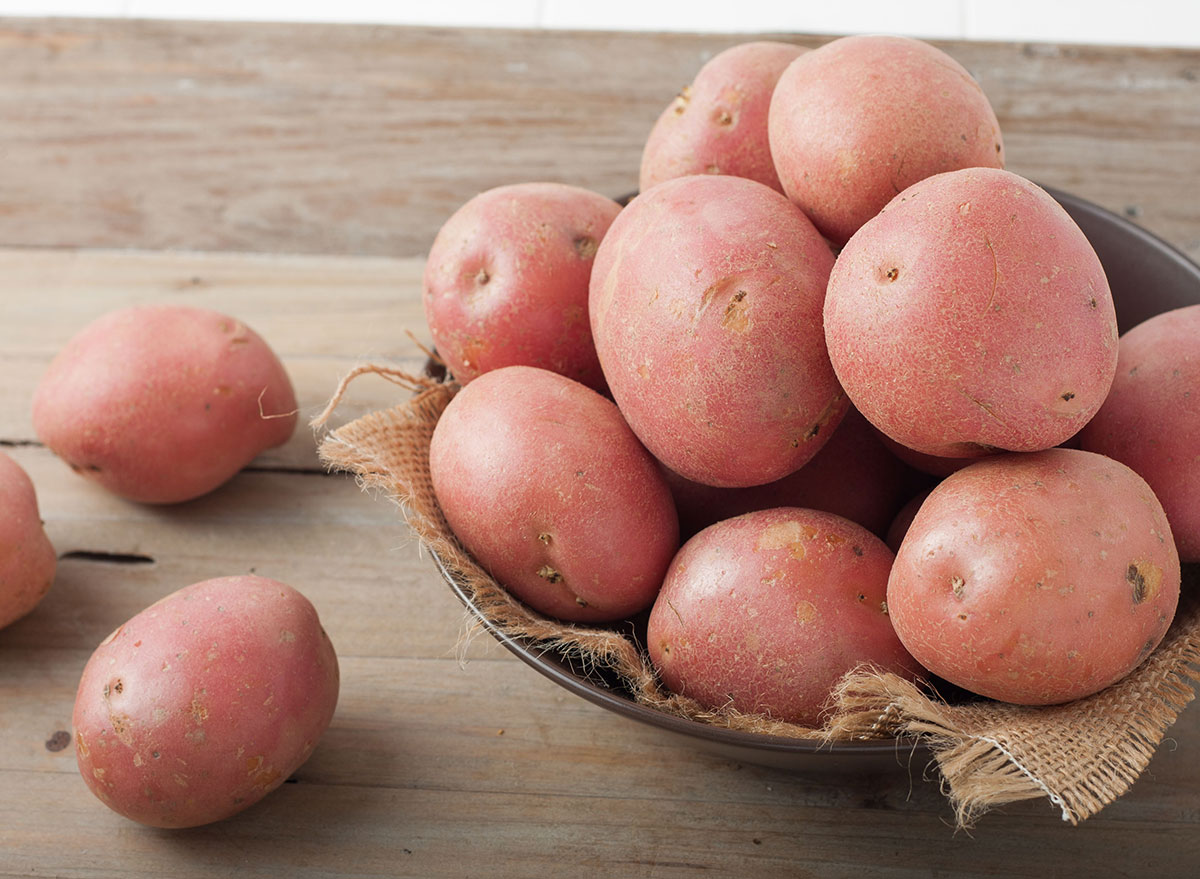By Abimbola Mohammed
High demand for proteinous food driven by awareness of rich protein in potatoes has increased the demand for potatoes in the market. It is projected that by 2028, the global market for potatoes will reach $144 million from $105 million that it was in 2022, at a CAGR of 5.4% during the period in terms of value.
According to Research and Market, a global research website focused on data and insight, it is said that proteins gained superiority due to awareness, evolving eating habits, change in lifestyle and demand for healthy food by consumers globally.
The report read: “The demand for plant-based proteins is increasing globally and it is driven by several factors, including health concerns, environmental awareness, and animal welfare issues. Potato protein being a high-quality protein source that is low in fat and is cholesterol-free makes it a popular ingredient in health and wellness. It also contains all essential amino acids, making it an attractive option for health-conscious consumers. Moreover, potato protein has a smaller environmental footprint compared to animal-based protein sources such as meat and dairy. In addition to this, potato protein is gluten-free, non-GMO, and allergen-free, which adds to its appeal.
“Potato protein is extracted from potato juice and industrial potato waste, the nutritional and functional values of potato protein have been found to be more significant than other vegetables and cereal proteins. Hence, manufacturers are adopting potato protein to create protein-rich commodities in the food & beverage industry.”
Comparing the demand for potato globally to West Africa, a report by IndexBox, a market intelligence platform, showed that in 2021, the West African potato market decreased by -0.5% to $X for the first time since 2016, thus ending a four-year rising trend. In general, consumption recorded a relatively flat trend pattern. The level of consumption peaked at $X in 2013; however, from 2014 to 2021, consumption remained at a lower figure.
Processed potato protein isolates are therefore used commercially for adding to food products to boost their protein level. Potato protein isolates using mild separation techniques do not lead to a significant change in the nutritional value, metabolism or contaminants.”
Stating some of the health benefits and advantages of isolated protein potato, research shows that its high digestibility and blending abilities; hence, the reason a new class of designed foods is developed using it. It has increased protein concentration & advantages in color, flavor and functional qualities, thus giving other varieties of potato protein a competitive edge.
“Potato protein is used for the protein enrichment of bread products that are usually quite low in protein in bakery application. Further, bakery products with potato protein can be used as a replacement for wheat protein products as it is gluten-free; this provides this market with an opportunity as there is a growing demand for gluten-free bakery goods such as bread and cakes.
“In confectionery and baking, potato protein is frequently used as an ingredient to enhance the consistency, flavor, and structure of baked goods. Protein from potatoes is high in amino acids but low in fat and carbs. Potato protein improves the texture of baked goods and has a high water-binding capacity which helps keep baked goods moist and prevent them from drying out. Potato protein is also a good choice for those with gluten intolerances or allergies due to its lack of gluten,” the report explained.
The production of gluten-free baked goods is possible by substituting potato protein for wheat flour. Continuous innovation and new products are formed in the market to meet the demand for this application. KMC Ingredients (Denmark) offers Protafy 130 potato protein products which are ideal for protein fortification of products based on dough systems, such as bakery, pasta or extruded snacks and pellets.






Comment
No comments found.